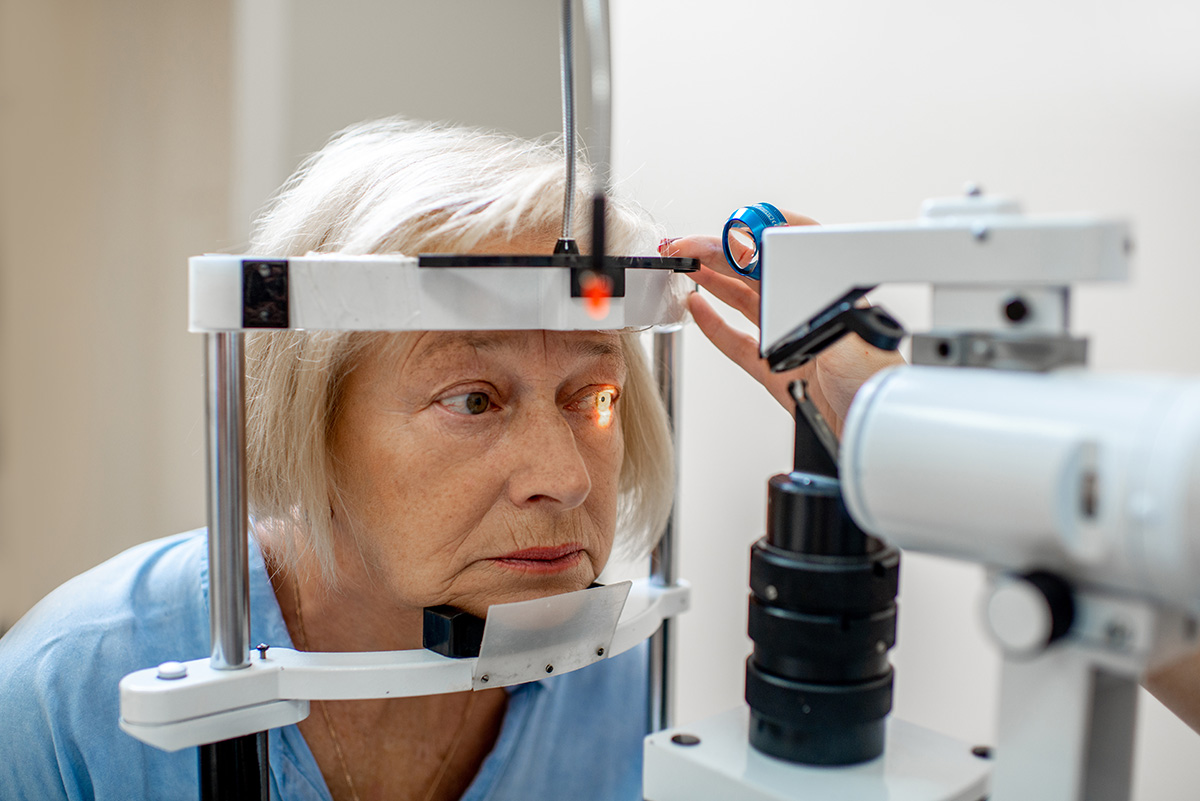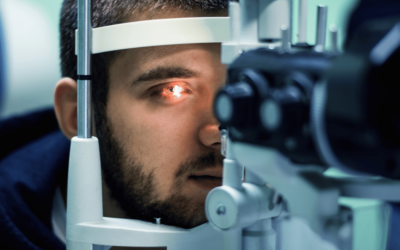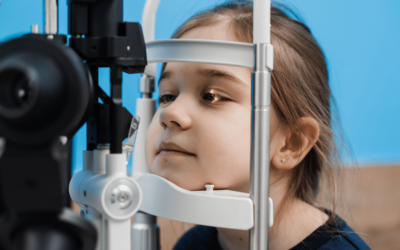January is Glaucoma Awareness Month, bringing attention to this eye condition that affects over 3 million Americans. If left untreated, glaucoma can lead to blindness, so it’s important to learn about the risk factors and treatments available. Let’s explore what glaucoma is, its top causes, treatments, and why regular eye exams are essential to preventing this condition.
What is glaucoma?
Glaucoma is a group of eye diseases caused by increased pressure inside the eye. This excess pressure damages the optic nerve which carries visual information from your eyes to your brain. The most common form of glaucoma is called “open-angle glaucoma,” and it develops slowly over time with no noticeable symptoms or pain until significant vision loss has already occurred. Other forms of glaucoma include acute angle-closure glaucoma, normal tension glaucoma, congenital glaucoma, and secondary glaucoma.
Top causes of glaucoma
There are many factors that increase your risk of developing glaucoma, including:
- Age (over 60)
- Family history of glaucoma
- Ethnic background (African American or Hispanic/Latino descent)
- Myopia (nearsightedness)
- Certain medical conditions like diabetes or hypertension
- Taking certain medications (steroids or anti-inflammatory drugs)
- Frequent use of marijuana or cocaine
- Trauma or injury to the eye
Treatments for glaucoma
The goal of treating glaucoma is to lower intraocular pressure by decreasing fluid production in the eye or increasing fluid drainage from the eye. Medications used may include prescription eye drops or pills taken orally.
In some cases, surgery may be necessary to treat glaucoma. A trabeculectomy is the most common glaucoma surgery and is used to treat open-angle glaucoma. Other surgery techniques include laser surgery, such as Laser Trabeculoplasty (ALT) or Selective Laser Trabeculoplasty (SLT), and traditional surgical methods like Canaloplasty. Your eye doctor will determine which treatment option will work best for you based on your individual needs.
Take action to prevent vision loss
Early detection and regular follow-up are essential to safeguarding your vision. During a comprehensive examination, an optometrist can diagnose and recommend the best treatment option for various types of glaucoma. Some of the tests your eye doctor might use include visual acuity tests, dilated fundus exams (ophthalmoscopy), contact applanation tonometry (Goldmann tonometer), and tonometry tests which measure intraocular pressure levels using air puff technology.
If you notice any changes in your vision, don’t hesitate to schedule a visit at Ideal EyeCare as soon as possible!




